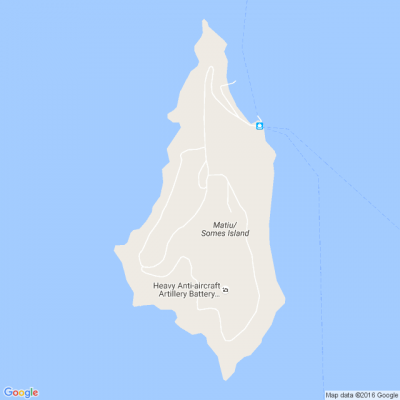Success in breeding kākāriki karaka
One of New Zealand's rarest and most endangered birds has been successfully bred at the Pūkaha National Wildlife Centre, near Masterton.
Orange-fronted parakeets (kākāriki karaka) were declared extinct twice in 1919 and 1965. Today their wild population number is just 100-300 individuals.
Successful hand-rearing of orange-fronted parakeets is considered extremely unlikely but Pūkaha had very little choice. The five chicks hatched in early August from one of the centre’s two breeding pairs, a male called Karaka and a female called Pōra. Not wanting to disturb the nest, it wasn’t until two weeks of age that rangers noticed that the feathers on the chicks were not developing. A closer inspection revealed that the chicks were bald and that their feathers had been plucked by their parents. Immediate intervention was required because the chicks were at imminent danger of dying from the cold. The only option for the parakeets’ survival was an attempt at hand-rearing.
The young chicks were immediately placed in brooders with heat lamps and fed a diet of parrot rearing formula. It took about three weeks for the chicks to get their feathers. Some six weeks later, all five chicks are fully grown, flying, and eating by themselves.
Some Choice News!
Many New Zealand gardens aren’t seeing as many monarch butterflies fluttering around their swan plants and flower beds these days — the hungry Asian paper wasp has been taking its toll.
Thanks to people like Alan Baldick, who’s made it his mission to protect the monarch, his neighbours still get to enjoy these beautiful butterflies in their own backyards.
Thinking about planting something to invite more butterflies, bees, and birds into your garden?
Thanks for your mahi, Alan! We hope this brings a smile!

Brain Teaser of the Day 🧠✨ Can You Solve It? 🤔💬
How many balls of string does it take to reach the moon?
(Peter from Carterton kindly provided this head-scratcher ... thanks, Peter!)
Do you think you know the answer? Simply 'Like' this post and we'll post the answer in the comments below at 2pm on the day!
Want to stop seeing these in your newsfeed? No worries! Simply head here and click once on the Following button.

Poll: Would you participate in local initiatives aimed at stopping plastic from reaching our oceans?
Volunteers will be scouring the foreshore, riverbanks, and islands for rubbish on Saturday the 13th as part of the Clean Up the Hutt event.
This initiative helps stop plastic from reaching our oceans and makes our waterways cleaner and safer for everyone.
We want to know: Should this be rolled out across all coastal cities in Aotearoa? And more importantly… would you get involved? 💚
Want the details? The Post has you covered.

-
70% Yes!
-
16.7% Maybe ...
-
13.3% No.









 Loading…
Loading…


